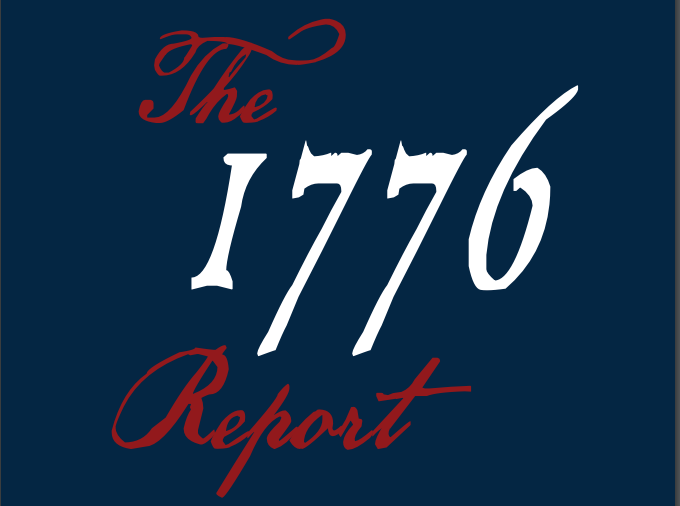Two days before being dissolved by newly inaugurated President Joe Biden, the Trump administration’s 1776 Commission released The 1776 Report. The report named former Vanderbilt Professor of Political Science Carol Swain as Vice Chair of the Commission.
“I was closely involved with the drafting of the report,” Swain said. “The Commission as a whole met a couple of times. We knew we had to work quickly, and we did.”
The Commission, a 41-page document, contains four sections: The Meaning of the Declaration, A Constitution of Principles, Challenges to America’s Principles and The Task of Nation Renewal.
In preparation for the 250th anniversary of the Declaration of Independence in 2026, President Donald Trump originally stated his desire to establish the Commission during an Oct. 6 proclamation. He signed an executive order officially establishing the Commission on Nov. 2, 2020, one day before the regular Presidential election.
“The President’s Advisory 1776 Commission shall establish in the Department of Education the President’s Advisory 1776 Commission to better enable a rising generation to understand the history and principles of the founding of the United States in 1776 and to strive to form a more perfect Union,” the executive order reads.
The Oct. 6 proclamation states that The 1776 Commission seeks to counter narratives propagated by “critical race theorists,” “cancel culture adherents,” and “flag-burning mobs” to reframe our Nation’s history as an “evil” one. Another example cited by the proclamation was The 1619 Project by The New York Times, an ongoing interactive magazine project.
“[The 1619 Project] aims to reframe the country’s history by placing the consequences of slavery and the contributions of black Americans at the very center of our national narrative,” its mission statement reads.
A graduate of Roanoke College, Swain (B.A. 1983) received her Masters at Virginia Polytechnic & State University. She then completed her Ph.D. at University of North Carolina Chapel Hill and her Masters of Studies in Law at Yale University. She became a tenured professor at Princeton, before coming to Vanderbilt in 1999, where she would teach law and political science.
In 2015, Swain wrote an opinion piece for The Tennesseean entitled “Charlie Hebdo attacks prove critics were right about Islam.” In response, Vanderbilt students authored a petition for her temporary suspension from the faculty because she had “become synonymous with bigotry, intolerance, and unprofessionalism.” Other students then created a counter-petition to “stand up for the voices like the one of Professor Carol Swain.”
Former Chancellor Nicholas Zeppos responded to the petitions on Nov. 15, 2015, stating that although her piece did not reflect the opinions of the university in any way, and that the university has a “deep and longstanding commitment to freedom of speech and academic freedom.” Swain eventually left the university in 2017.
“Such freedoms necessarily allow for the expression of unpopular and offensive views. However, speech whose sole purpose or effect is to discriminate, stigmatize, retaliate, offend, foment hatred or violence, or cause harm has no place in this university,” Zeppos’ statement said.
Swain said she became involved with the commission because American history is important and not known well enough by the populace.
“Among [the commission’s] recommendations is that Americans or young people be encouraged to read the Federalist Papers, the Constitution and the Declaration of Independence for themselves,” Swain said.
Since her departure from campus, Swain has continued to engage in the political sphere, running for Mayor of Nashville twice, in which she was interviewed by The Hustler. She has also hosted videos for conservative media outlet PragerU and occasionally appeared as a contributor on CNN, Fox News and OANN.
“We got out a document that can be a reference guide for people who really care about America and its founding,” Swain said. “I personally had hoped the document would be a basis for some unity because I think that there are some values and principles as Americans that we ought to share.”




